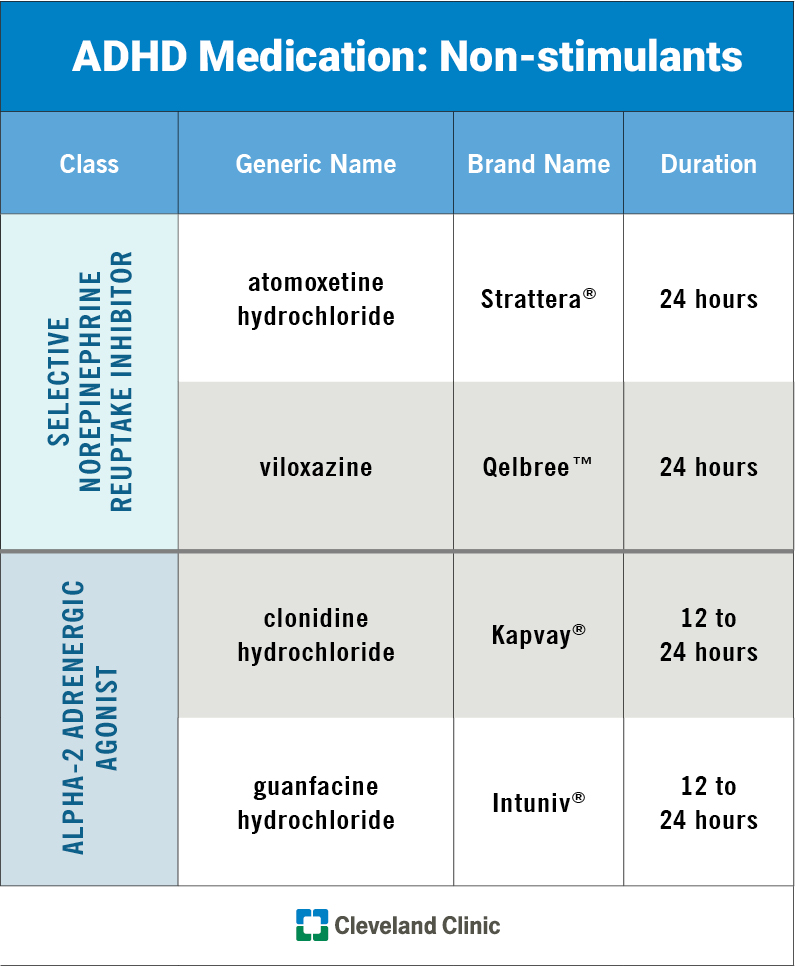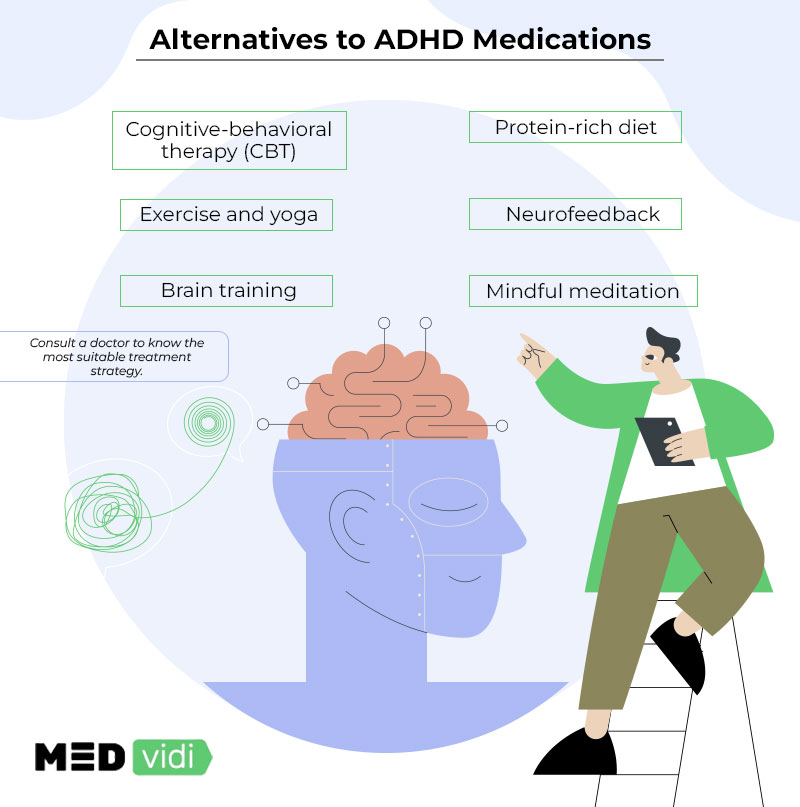Behavioral Health Services Designed for Overall Well-being
Behavioral Health Services Designed for Overall Well-being
Blog Article
The Advantages of Individualized ADHD Treatment Strategies for Better End Results
The implementation of individualized ADHD therapy plans has arised as a critical method in improving restorative results for individuals affected by this problem (ADHD treatment). By identifying the unique manifestations of ADHD in each individual, these customized treatments advertise higher engagement and motivation, inevitably leading to more effective coping approaches.
Recognizing ADHD Irregularity
Although Attention-Deficit/Hyperactivity Condition (ADHD) is often viewed as a single condition, its symptoms can differ considerably amongst individuals. Sex distinctions also play a function, as men are more often detected with ADHD and often show much more overt signs, whereas females may provide with much less apparent inattentiveness.
Moreover, people with ADHD may experience a spectrum of emotional and behavior obstacles, such as anxiety or opposite defiance, that can make complex diagnosis and treatment. The interaction of these aspects can bring about varied experiences of ADHD, necessitating a nuanced understanding of the disorder. It is likewise worth noting that ADHD can offer differently across different cultural contexts, influencing exactly how signs are identified and addressed. This understanding highlights the value of acknowledging ADHD as a diverse problem, which requires customized techniques to therapy that think about the special demands and experiences of each person.
Key Elements of Customization
Customized ADHD treatment strategies are grounded in several key parts that make sure efficient management of the problem. A comprehensive analysis is vital, including standardized ranking ranges, interviews, and behavior observations. This detailed examination allows medical professionals to comprehend the individual's one-of-a-kind signs, strengths, and difficulties.
Second, the participation of multiple stakeholders, consisting of parents, instructors, and the individual, adds to an alternative sight of the person's demands. Collaboration cultivates a supportive atmosphere that can adjust to the person's context and lifestyle.
Third, therapy strategies ought to be adaptable and adaptable, enabling alterations based on continuous responses and the person's evolving needs. This flexibility allows the combination of various restorative strategies, such as behavioral interventions, psychoeducation, and medicine monitoring.
Furthermore, cultural and contextual variables need to be considered. Acknowledging the person's history, values, and preferences makes sure that the therapy is pertinent and respectful.
Last but not least, regular follow-ups and assessments are important to check progress and make required modifications. By focusing on these crucial components, individualized ADHD treatment plans can considerably improve the efficiency of treatments, causing boosted end results for individuals with ADHD.
Improved Interaction and Motivation
To successfully promote improved interaction and motivation in individuals with ADHD, it is vital to integrate techniques that resonate with their rate of interests and strengths. Personalized treatment strategies that straighten with a person's enthusiasms can result in increased involvement in healing tasks, promoting a find more sense of possession and excitement for the process.
Utilizing interactive and creative strategies can also significantly boost inspiration. For instance, including gamification elements or real-world applications of abilities can make tasks more appealing and relevant. This not just catches attention yet likewise reinforces finding out with pleasurable experiences.
In addition, establishing achievable and purposeful goals tailored to the person can boost motivation. When people see their progress in the direction of personally substantial objectives, they are more probable to continue to be engaged. Normal feedback and acknowledgment of accomplishments can additionally suffer inspiration, creating a positive responses loophole that motivates ongoing effort.
Last but not least, fostering a helpful environment where individuals really feel understood and valued can substantially influence their engagement degrees. When therapy plans are established collaboratively, including input from the individual, they are most likely to feel bought their journey, eventually leading to enhanced results in taking care of ADHD.
Improved Coping Techniques
Creating boosted coping techniques is crucial for individuals with ADHD, as it outfits them with reliable tools to navigate everyday difficulties. A personalized treatment strategy enables the identification of certain coping mechanisms tailored to the person's special needs and scenarios - ADHD directory treatment. Techniques such as mindfulness, time administration skills, and organizational approaches can be integrated into everyday routines, promoting a feeling of control and reducing anxiety
Mindfulness practices, including meditation and deep-breathing exercises, help people with ADHD concentrate their focus and manage their feelings. Time monitoring approaches, such as making use of timers or damaging jobs into smaller, convenient steps, can mitigate sensations of bewilder. In addition, business tools like planners and checklists can enhance efficiency more info here and liability.
Lasting Favorable Results
Executing individualized ADHD therapy plans can lead to substantial lasting positive outcomes for individuals. These customized strategies, which think about distinct symptoms, choices, and life scenarios, help with much more reliable management of ADHD symptoms gradually. By concentrating on the specific demands of the individual, these strategies improve adherence to treatment methods and foster higher involvement in therapeutic tasks.

In addition, individualized treatment strategies can dramatically minimize the danger of comorbid problems, such as anxiety and clinical depression, which are commonly connected with ADHD. Early intervention and consistent assistance help people develop resilience and coping approaches, promoting total mental health.
Ultimately, the long-lasting favorable outcomes of tailored ADHD therapy plans not only boost the lifestyle for people yet also add to their total well-being and success in different life domain names. This alternative approach highlights the value of customized treatment in managing ADHD successfully.
Conclusion

Report this page